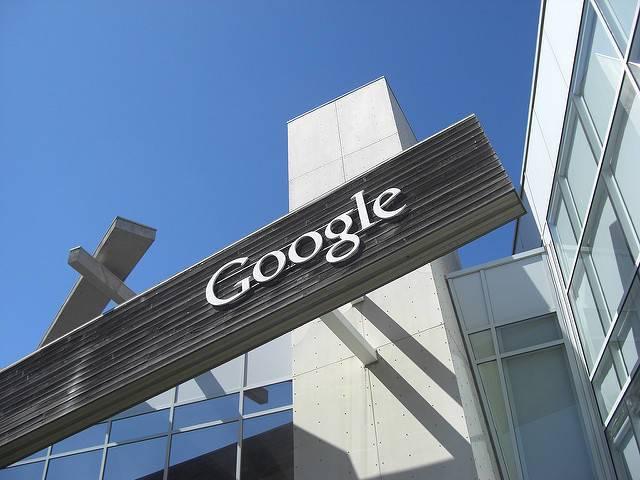
This week, Google released its sustainability report for 2016, which the company described as a “landmark year” due to its progress on environmental goals. The Silicon Valley giant touts its technology solutions as providing high-speed data solutions that are “less energy intensive” than other offerings in the marketplace. Google’s various cloud platforms are also billed as a way in which users can learn new technologies, share ideas and connect their way to new economic opportunities.
But to those who want information on how Google is approaching risks such as the Russia ad buys during the 2016 U.S. presidential election, the company so far has been silent on how it plans on addressing this problem and similar challenges that could occur in the future. Just as Facebook and Twitter have come under scrutiny for their roles – or lack of oversight – in the dodgy advertising tactics that occurred during last year’s campaign, now Google is in the spotlight as several news sources have revealed Russian-bought ads were placed on Gmail, YouTube and other platforms the company supports.
The problem Google faces is that no matter how a company packages their corporate responsibility programs – whether they are packaged as “sustainability,” “purpose” or corporate citizenship, the fact is that more stakeholders are overlooking the semantics. Customers increasingly want to know what companies are doing not only on environmental issues, but they also seek more transparency on a company’s social and governance performance.
Google has reportedly launched an investigation of the ad buy, which could have been purchased by a Russian “troll farm” seeking to influence last year’s election. Nevertheless, the revelation of another ad campaign funneled through a huge technology firm shows that Russian efforts to disseminate misinformation was far more invasive than Silicon Valley companies led the public to believe. It now behooves Google to start having a more frank and transparent conversation with its stakeholders and the general public than it has in the recent past.
After all, it was only a month ago when a Google spokesperson told the Washington Post that the company had “always monitoring for abuse or violations of our policies and we've seen no evidence this type of ad campaign was run on our platforms."
Meanwhile, various press reports suggest Google is on track to become this year’s largest corporate lobbying spender in the U.S., displacing the usual suspects such as energy companies, banks and military contractors. Its peers such as Facebook have adopted the same tactic as they aim to dodge potential antitrust legislation and avoid regulations. In the case of Google, new federal laws could allow the company to be treated as a media, transportation or even – or as well as - a medical company. For a company that claimed it went public over a decade ago with the mantra, “don’t be evil,” Google is starting to come across as an all-powerful hydra – and in the process has put its brand reputation at risk.
The role Google played in last year’s presidential campaign, along with the attention focused on its aggressive lobbying efforts, for now are eclipsing its environmental accomplishments. On one hand, this week’s news developments are a disappointment for the company. After all, its investments in renewables and energy efficient technologies have allowed the company to be carbon-neutral for a decade. Its global operations are now running 100 percent on clean energy. And its Earth Outreach programs make it easier to track just about everything from air pollution levels to preserving wildlife to even stopping deforestation.
But until Google comes clean with how it could have allowed its technology to risk chipping away at its home country’s democratic institutions, those environmental efforts for now are a sideshow.
Image credit: Shawn Collins/Flickr

Leon Kaye has written for 3p since 2010 and become executive editor in 2018. His previous work includes writing for the Guardian as well as other online and print publications. In addition, he's worked in sales executive roles within technology and financial research companies, as well as for a public relations firm, for which he consulted with one of the globe’s leading sustainability initiatives. Currently living in Central California, he’s traveled to 70-plus countries and has lived and worked in South Korea, the United Arab Emirates and Uruguay.
Leon’s an alum of Fresno State, the University of Maryland, Baltimore County and the University of Southern California's Marshall Business School. He enjoys traveling abroad as well as exploring California’s Central Coast and the Sierra Nevadas.














